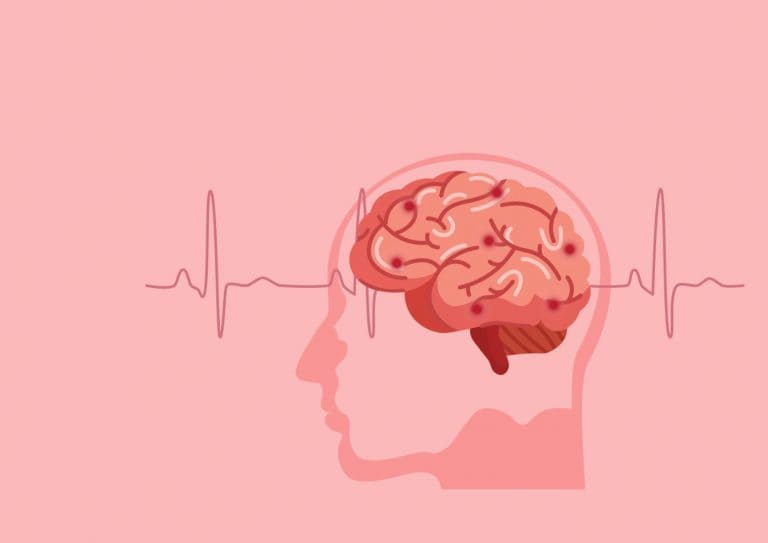Are we genetically predisposed to suffer a brain injury?
What if there was a test that could show if you were particularly vulnerable to suffering a brain injury? Would you:
- act differently?
- take fewer risks?
- take additional precautions?
What if you knew that your child was particularly vulnerable? Would this influence your decisions when letting them become involved in potentially dangerous activities such as football, rugby or skiing?
Is there such a thing as having too much information?
In this blog, I will look at advancements in medical research that may aid us in identifying when an individual could be more likely to suffer a brain injury and how that may impact upon the decisions we make on a day to day basis as well as the litigation process.
Traumatic Brain Injury (TBI)
Traumatic brain injury (TBI) is a head injury which disrupts the normal functioning of the brain. This can leave the injured person with a variety of continuing difficulties including mobility difficulties, speech and language problems, memory and concentration problems, sensory problems and headaches. The consequences of a brain injury can be wide-ranging and much of my role as a personal injury solicitor representing survivors of TBI is to look at what rehabilitation needs the individual has in order to assist them in their recovery.
Significant research has been carried out to look at the consequences of a brain injury and how the brain recovers from such an injury. As a result of such research we now have a better understanding of the likely difficulties an individual may suffer, depending upon which area of the brain has been damaged. The ‘brain map’ below is a helpful diagram of which parts of the brain are responsible for the various activities we undertake on a daily basis. For example, should an individual suffer an injury to the frontal lobe of the brain, they may experience personality changes post injury.
As a personal injury solicitor, I represent those individuals who have suffered a TBI following an accident caused by the negligence of another, such as following a road traffic accident. Having a good understanding as to which parts of the brain may have been damaged assists me in identifying which experts to instruct as part of any personal injury claim and which therapists may be important for their ongoing rehabilitation. TBI is a complex injury which can affect individuals in a variety of different ways. No brain injury is the same. It is therefore important that I have a good understanding of the difficulties that my clients are suffering; no matter how trivial they may seem, to ensure that I can arrange the appropriate therapy to address those difficulties as soon as possible post injury.
Genetic predisposition to suffer a TBI
A study carried out by the Indiana University School of Medicine has found genetic markers in the brain that show susceptibility to concussion, and of particular interest, TBI. Research has shown that those individuals carrying particular gene variations are 10 times as likely to suffer a concussion and 8 times more likely to suffer a brain injury as a result. Whilst this research is in the very early stages, such statistics are very interesting.
Commentators have suggested that this finding could potentially provide a blood test that would enable someone to find out if they were particularly vulnerable to a brain injury. This would have the advantage of allowing an individual to make an informed choice as to whether or not to engage in activities which carry a risk of injury. For example, this test could be used by parents when considering if their child could join the rugby or hockey team at school. Whilst such a test is unlikely to be definitive, it will allow a more informed choice.
Possible changes to personal injury claims
It will be interesting to see what impact this will have in the world of personal injury claims. A defendant to a claim must take their victim as they find them and cannot therefore avoid responsibility because an individual suffers from a particular vulnerability.
But in circumstances where an individual actively engages in an activity that carries the risk of significant injury with the knowledge that they do suffer from such vulnerability, it is perhaps likely that a defendant will try to argue that the injured person must bear some responsibility for the injury sustained. I consider it likely that we may see arguments being put forward by a defendant that where the individual has knowledge of their particular vulnerability, that they have willingly accepted the risk of injury by either willingly engaging in potentially dangerous activities, or by failing to take proper precautions i.e. by wearing a helmet.
Despite the fact that I consider the possibility of these arguments being raised, I do however believe that they would fail. In order for an individual to be successful in their claim they must establish that the accident and their injuries were caused or contributed to by the negligence of the defendant. I am therefore confident that TBI survivors would be able to establish primary liability against the defendant.
Having said that, however, this may be relevant as to the issue of causation. If an individual was 8 times more likely to suffer a TBI than the general population and their pre accident history showed that they regularly engaged in activities known to cause concussion and subsequent brain injury, such as rugby, could a defendant argue that due to their vulnerability to TBI even in the absence of the accident, they would at some point in the future have sustained a TBI due to the ‘risky’ nature of their pre accident activities? Would this mean that a defendant would spend more time investigating the nature of their pre accident activities to show that they regularly engaged in activities likely to cause injury? Social media in this instance would likely become very important. Such arguments could drastically alter the amount of compensation awarded in claims of this nature.
Further, this test could be used in the future by insurance companies when deciding whether or not to offer a relevant policy of insurance. Would this need to be disclosed as a relevant pre accident condition? It could also be used by organisations such as football clubs who seek to protect themselves from liability where players sustain repeated concussions when heading balls, an activity which has been shown can cause repeated concussion and injury to the brain.
Conclusion
Medical advancements are assisting us in understanding how a brain injury is sustained and how the brain recovers. Whilst such developments may prove useful to the individual when choosing which activities they feel comfortable undertaking, there is a risk that this could be used as a tool by insurance companies to avoid paying compensation to survivors of TBI following an accident.
As a solicitor representing survivors of TBI, I intend to follow this area closely to ensure that I can combat any potential arguments put forward by a defendant and ensure that my clients are compensated fully for the serious injuries they have sustained.










